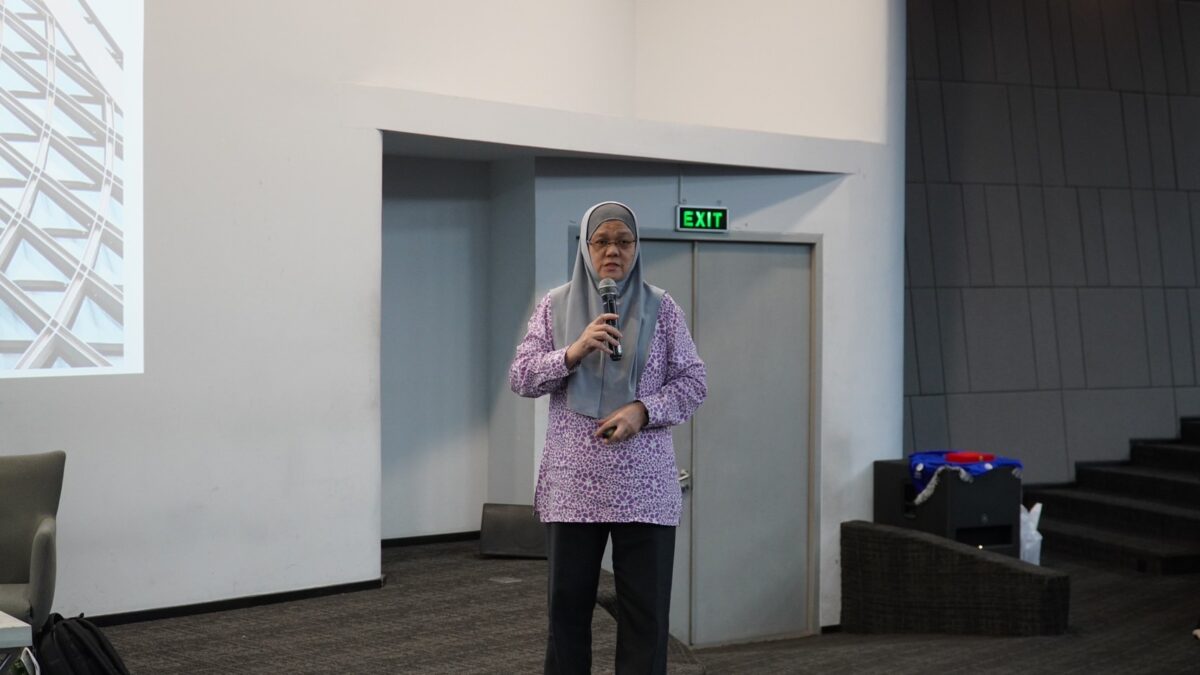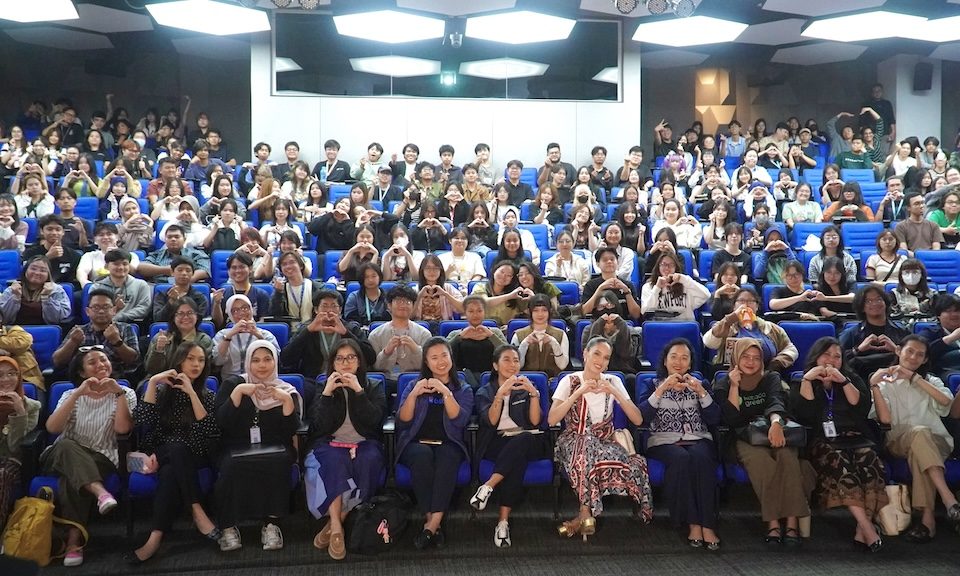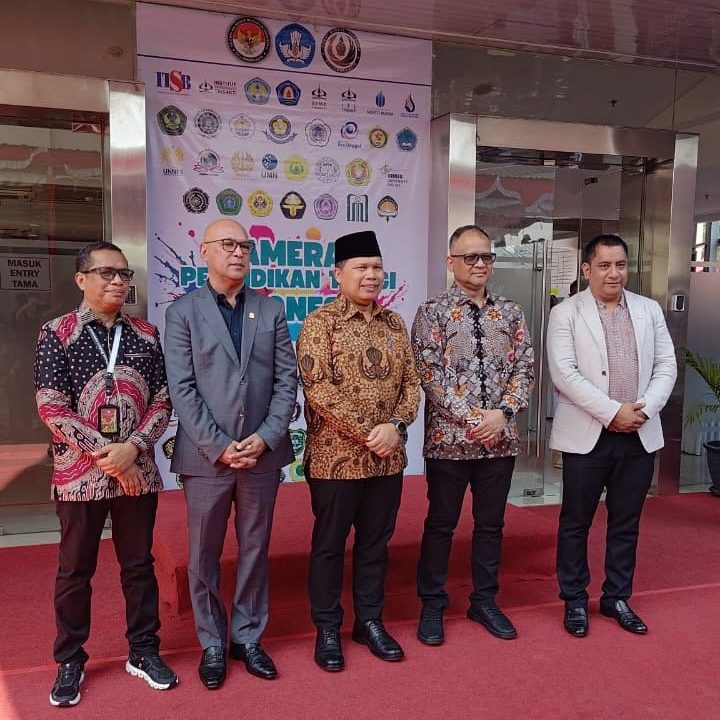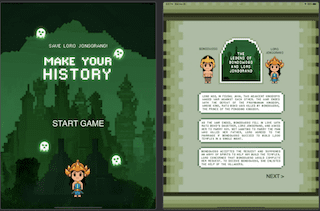
UMN’s Sustainable Procurement Policy: Building a Future Beyond Carbon
October 7, 2023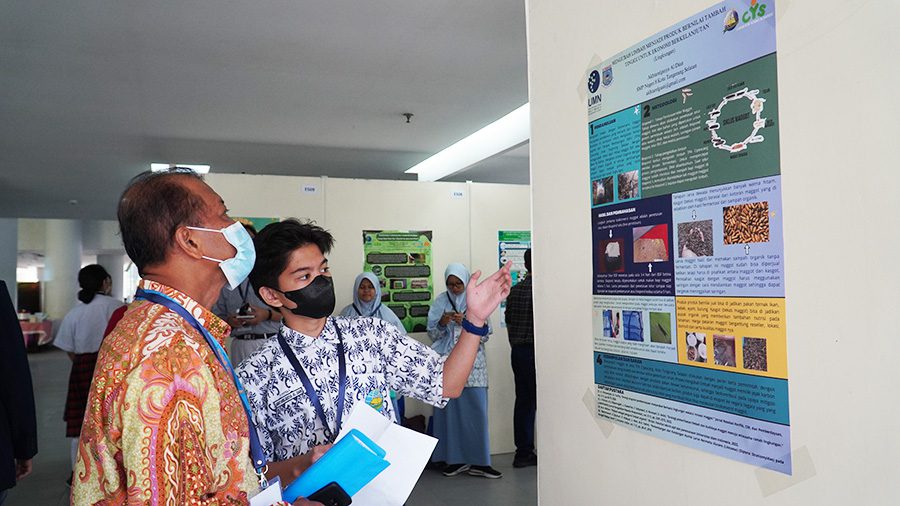
Successful at the Banten Level, UMN and CYS Indonesia will Hold a National Youth Research Competition
October 9, 2023
General lecture with Prof. Jamilah Ahmad. (Doc. UMN).
Tangerang – UMN and Prof. Jamilah Ahmad, Ph.D., held a general lecture on Global Communication & Pop Culture on (04/10). This general lecture discussed cultural differences and how technology impacts culture and individuals.
UMN held a general lecture with Prof. Jamilah Ahmad, Ph.D., on (04/10). This general lecture was attended by students majoring in Communication Studies, which became one of the general lectures in the Global Communication & Pop Culture course. Lecturers teaching the Global Communication & Pop Culture course also attended this general lecture.
In this lecture, Prof. Jamilah Ahmad provides knowledge to students about various materials ranging from the effects of digital media on culture, AI (Artificial Intelligence), and differences in culture in countries. In delivering this material, she conveyed how different countries in Asia and America are, culturally and socially. In Indonesia, many cultures have not disappeared but are slowly being replaced by modern cultures.
“Traditional culture will not be displaced because it has become a tradition, different from pop culture,” she said in delivering the material.
In addition, this public lecture also discussed social media that can slowly erase culture. In addition, social media can also influence culture. One of the trends is memes. Memes themselves are visuals on social that are humorous or jokes and can be in the form of pictures or videos. Of course, the context and content can vary.
Still discussing social media and technology, the progress of AI (Artificial Intelligence) is developing very quickly. In daily activities alone, humans use AI in the form of maps, SIRI, Google Assistance, and many more. This can certainly shift the existing culture and traditions. In this material, she discussed whether AI can shift culture.
“AI can control the modern world today, but it still needs a process and time, as not all provinces and regions are connected to the internet. There are still many remote areas that do not have networks and the internet, and there are even some areas that reject the existence of this internet. So the use of AI depends on the region, lifestyle, and what the individual is exposed to,” according to Jamilah.
In this general lecture, the material presented is interesting to continue to be learned– like how technology should not impact existing cultures. We should also sort out which cultures are good to accept and which are not.
By Rachel Tiffany Tanukusuma | UMN News Service
English translation by Levina Chrestella Theodora
Kuliah di Jakarta untuk jurusan program studi Informatika| Sistem Informasi | Teknik Komputer | Teknik Elektro | Teknik Fisika | Akuntansi | Manajemen| Komunikasi Strategis | Jurnalistik | Desain Komunikasi Visual | Film dan Animasi | Arsitektur | D3 Perhotelan , di Universitas Multimedia Nusantara. www.umn.ac.id

